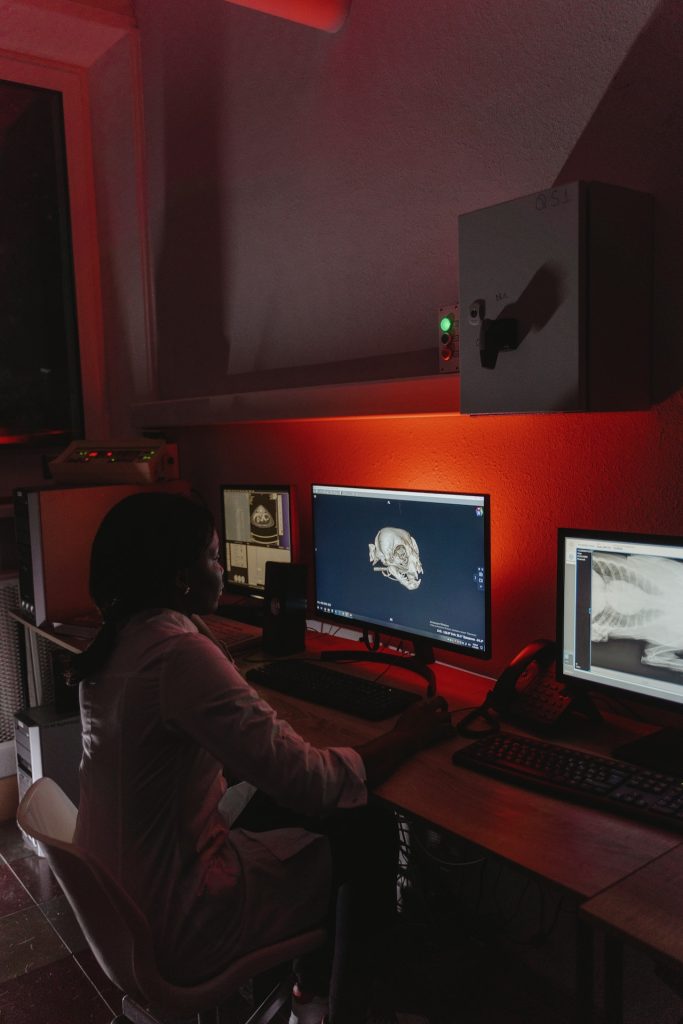Computer forensics analyzes physical evidence from a computer seized as part of a criminal investigation. Here are some of the critical aspects of computer forensics.
Introduction
Computer forensics involves recovering evidence from a computer system to solve crimes or investigations. This involves analyzing the data stored on the computer system to identify and extract information that can be used in criminal proceedings or investigations.
Computer forensics is a crucial tool for law enforcement officials, as it helps them identify and track criminals, expose corruption and wrongdoing, and recover stolen property. It has also been used to reveal the identities of online extortionists and hackers.
5 Things You Need to Know About It
In today’s world, computers are a crucial part of our everyday lives. From working on our paperwork to surfing the web, we rely on computers to help us do day-to-day tasks and significant business transactions.
However, this reliance only sometimes comes with risk. Computers can easily be infected with malicious software that can expose sensitive data and jeopardize our online security. In addition, computers can also get infected with viruses that corrupt or disable their files. And last but not least, computer forensics is used to investigate violations of computer security and protect victims from potential damage.
To protect ourselves and assist in investigations, it’s important to understand computer forensics and how it works. Here are five key things you need to know about computer forensics:
- Computer forensics is analyzing data extracted from a computer or other electronic device to determine the forensic evidence that can be used in criminal or civil proceedings.
- It is an essential part of investigations into cyber crimes, as it can help identify and recover deleted files, examine online activity, and more.
- Forensic investigators use various tools and techniques to extract information from a computer or device, including malware removal, data recovery, digital extraction, password recovery, authentication research, and more.
- Computer forensics is also used to investigate hacking incidents and track down criminals who may have stolen sensitive data.
- The knowledge and skills required for computer forensics vary depending on the investigation type. For example, digital forensic experts may need expertise in malware analysis, while password recovery specialists may require knowledge of cryptography and online security protocols.
Conclusion
Computer forensics investigates and analyzes data recovered from a computer or other electronic device. By understanding the different aspects of computer forensics, you can help to solve criminal cases, identify and recover stolen information, or simply help to protect your data.
Though it can be difficult and time-consuming, computer forensics is an important skill every person should know. It’s also an excellent way to stay ahead of the curve in the ever-changing world of technology.



Leave feedback about this